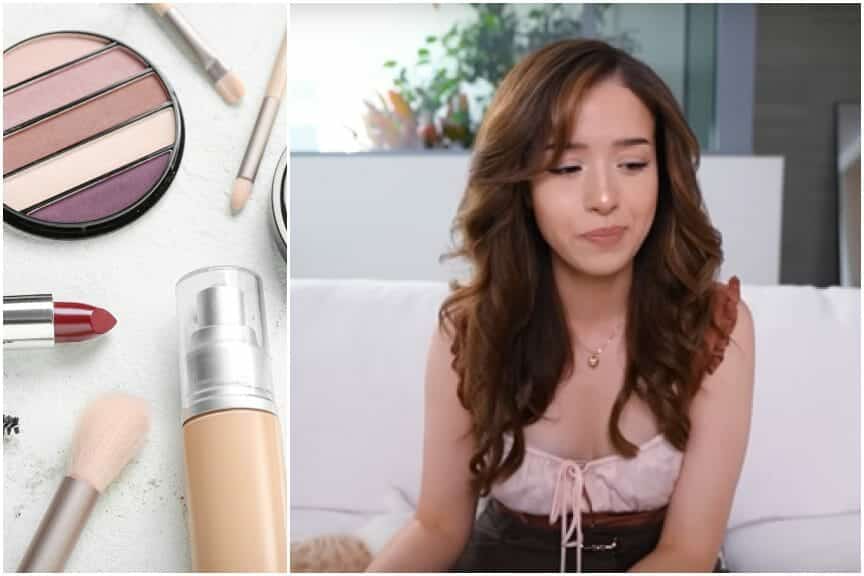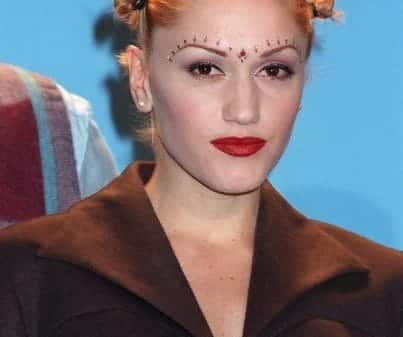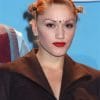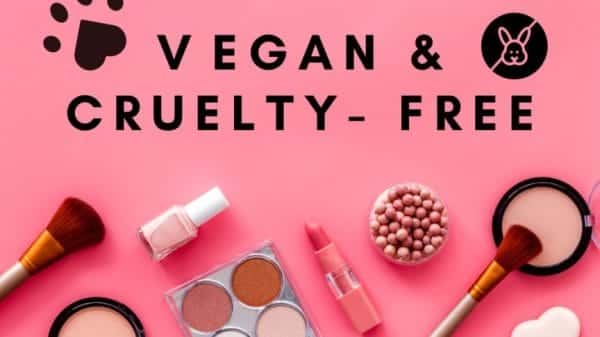Societal expectations around women’s beauty are increasingly unrealistic. Therefore, it is no surprise that women face harsh judgement for how they look, online and in real life. Twitch streamer Pokimane is just one woman who has experienced harsh criticism for her natural appearance, speaking to broader questions of why women are judged for existing in their natural states.
Pokimane (Imane Anys) is a content creator with millions of fans across sites like Twitch and Youtube, who focuses on gaming, vlogging, and ASMR. She has a loyal fanbase and many admirers. However, she has also faced unnecessary hate for something she cannot control: her natural appearance.
Pokimane’s natural beauty and unfair criticism
During a live stream, Pokimane appeared bare-faced. Despite her natural beauty, viewers criticised how she looked. Some claimed that she looked tired, and others rudely claimed that she looks worse without makeup. The implication that she needed makeup to look presentable for her audience is not only rude but also rooted in sexism and patriarchal beauty standards.
This was not the first time Pokimane has faced backlash. As far back as 2018, she went live without makeup on. A few comments ridiculed her for how she looked, and she responded:
“I actually feel so bare. I have no makeup on so if you think I look different, I’m sorry.”
Pokimane during a Twitch stream, 2018
The fact that she felt compelled to apologise shows her awareness of the standards she is held to as an online figure. The expectation of a highly curated public image that comes with being popular online creates unrealistic standards for content creators, but also for everyday people.
Seeing people conform to beauty standards in a way that seems effortless is detrimental since it actually requires a lot of effort to do so. Besides, Pokimane does not look worse with or without makeup; she looks a tiny bit different but is beautiful either way.
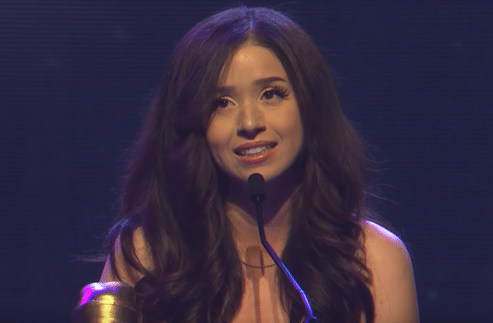
The larger issue here is that the patriarchy places emphasises women’s looks far more than men’s. The makeup industry is guilty of exacerbating this, but women who wear makeup are absolutely not to blame.
Instead, it is those who criticise women when they wear makeup but also when they do not. This creates a Catch-22 situation, where women cannot win because they face criticism either way. Pokimane’s situation exemplifies this issue; her viewers did not know how to accept her natural appearance, instead expecting her to conform.
Appearance-based shaming
Pokimane is far from the first woman to experience criticism for not wearing makeup. Many others, mostly women, face similar disapproval online and offline for their appearance. This results in feelings of inadequacy, insecurity, and doubt, making women feel uncomfortable in their own skin.
Shaming women for this is hardly a new phenomenon, but the rise of social media makes it more apparent. Online anonymity gives bullies the confidence to make comments that would otherwise remain unsaid, allowing this type of harassment to continue.
The increase in influencers has also raised expectations of perfection, so when a prominent figure like Pokimane does not meet these incredibly high standards, viewers wrongfully feel disappointed.
The detrimental impacts of appearance-based discrimination are particularly pronounced for young women since they are still developing their own identities. Besides this, it also causes higher rates of anxiety and insecurity in women due to a sense of inadequacy. It is important to note that the current beauty standard is incredibly narrow, only really uplifting a certain cultural ideal. Women of colour, gender non-conforming people, trans women, and disabled women are often excluded. This exclusion is central to how the current idea of beauty functions: socially desirable features are deified, and desirable traits are dependent on society’s values.
Pokimane’s response
Pokimane responded to this hate with impressive poise. In a statement, she said that “everyone has their own unique beauty.” Her response highlights the need to promote self-acceptance of how we look naturally and with makeup. She has since done more live streams without makeup, showing that she refuses to feel ashamed about her appearance. She has also done YouTube videos bare-faced to show her skincare and makeup routines. This emphasises that the polished, uniformly perfect images we see on social media are carefully curated.
The negative reactions to Pokimane without makeup reveal societal biases about women. The pervasive issue of appearance-based shaming is impossible to escape, with or without makeup.
It’s about time we dismantle these constraints and accept our own unique, individual beauty and qualities, but also perhaps shift our focus away from just appearance.
Most of the time, the way someone looks is the least important thing about them.


